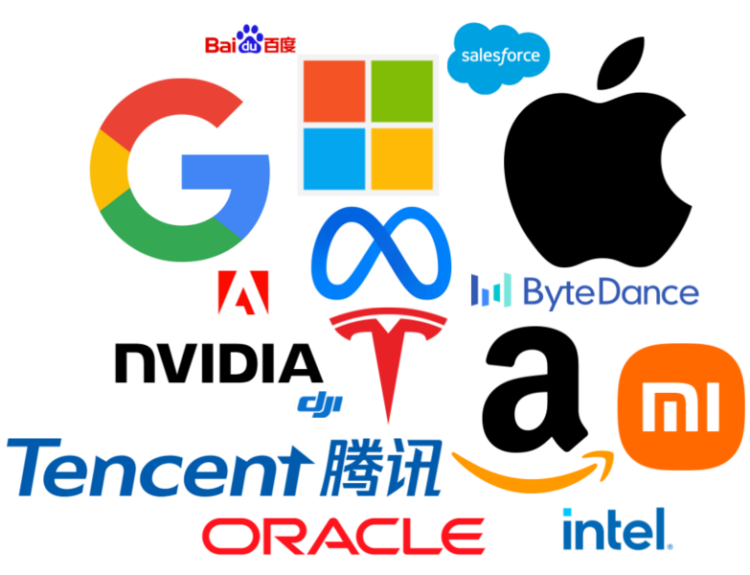As China doubles down on exports, the world braces for a new trade conflict.
- China is ramping up its manufacturing and exports, leading to a potential new trade war.
- CubicPV’s plans for a $1.4 billion solar wafer plant in Texas were halted due to China’s overproduction.
- China’s output of silicon wafers has nearly doubled, causing prices to plummet by 70%.
- Countries like the EU and the U.S. are imposing tariffs on Chinese goods in response to overcapacity.
- Xi Jinping’s strategy focuses on boosting manufacturing to stabilize the economy amid stagnation.
China is significantly increasing its manufacturing and export activities, raising concerns about a potential new trade war. A Massachusetts startup, CubicPV, which planned to build a $1.4 billion solar wafer plant in Texas, has had to pause its plans due to China’s nearly doubled output of silicon wafers, which has led to a dramatic 70% drop in prices. This overproduction is not only affecting U.S. companies but also impacting global markets, as seen in Chile where the iron ore miner CAP announced the indefinite closure of its steel mill, resulting in 2,200 job losses due to competition from cheap Chinese metal. nnIn response to China’s aggressive manufacturing strategy, countries like the European Union and the United States have begun imposing tariffs on various Chinese imports, including electric vehicles and steel. This reflects growing tensions as nations seek to protect their industries from the influx of low-cost Chinese goods. nnXi Jinping’s government is betting on manufacturing as a way to revive China’s economy, which has been struggling due to a real estate crisis. Instead of shifting towards a consumption-driven model, Xi has reinforced the state-led manufacturing approach, emphasizing the need to dominate future industries like electric vehicles and semiconductors while maintaining traditional sectors like steel. nnThis strategy has led to a significant increase in government support for manufacturing, with loans to industry rising by 63% since 2021. However, this push for overproduction could lead to a backlash, as countries around the world are already feeling the pressure from China’s exports. nnAs China continues to expand its manufacturing capabilities, the risk of protectionist measures from other nations grows, potentially isolating China from key markets. The situation is reminiscent of past trade tensions, but the current dynamics suggest that the consequences could be more severe, with many industries worldwide already feeling the impact of China’s manufacturing dominance.·
Factuality Level: 6
Factuality Justification: The article provides a detailed analysis of China’s manufacturing policies and their global impact, but it contains some bias and presents opinions as facts, particularly regarding the motivations behind China’s actions. While it includes relevant data and examples, the framing may lead to a perception of sensationalism and could mislead readers about the complexities of international trade dynamics.·
Noise Level: 8
Noise Justification: The article provides a detailed analysis of China’s manufacturing policies and their global implications, supported by data and examples. It critically examines the consequences of China’s overcapacity on international markets and holds powerful figures accountable for their decisions. The content is relevant, focused, and offers insights into long-term economic trends, making it a valuable read.·
Public Companies: NIO (NIO), CATL (300750), PetroChina (601857), China Mobile (0941.HK), BYD (1211.HK), Qcells ()
Private Companies: CubicPV,CAP
Key People: Xi Jinping (Chinese leader), Li Qiang (Chinese premier), Craig Allen (President of the U.S.-China Business Council), Antonello Ciotti (Chairman of PET Europe), Jacob Gunter (Analyst at the Mercator Institute for China Studies), Joerg Wuttke (Former president of the European Chamber of Commerce in China), Phred Dvorak (Contributor), Janet Yellen (Treasury Secretary)
Financial Relevance: Yes
Financial Markets Impacted: The article discusses the impact of China’s manufacturing policies on global markets, particularly affecting companies in the solar, steel, and electric vehicle sectors, leading to job losses and market distortions.
Financial Rating Justification: The article highlights significant economic implications of China’s export strategies and overcapacity, which directly influence international trade dynamics and the financial performance of various industries.·
Presence Of Extreme Event: No
Nature Of Extreme Event: No
Impact Rating Of The Extreme Event: No
Extreme Rating Justification: The article discusses economic impacts and trade tensions but does not report on any extreme events that occurred in the last 48 hours.·
Deal Size: 1400000000
Move Size: No market move size mentioned.
Sector: All
Direction: Down
Magnitude: Large
Affected Instruments: Stocks
 www.wsj.com
www.wsj.com 





